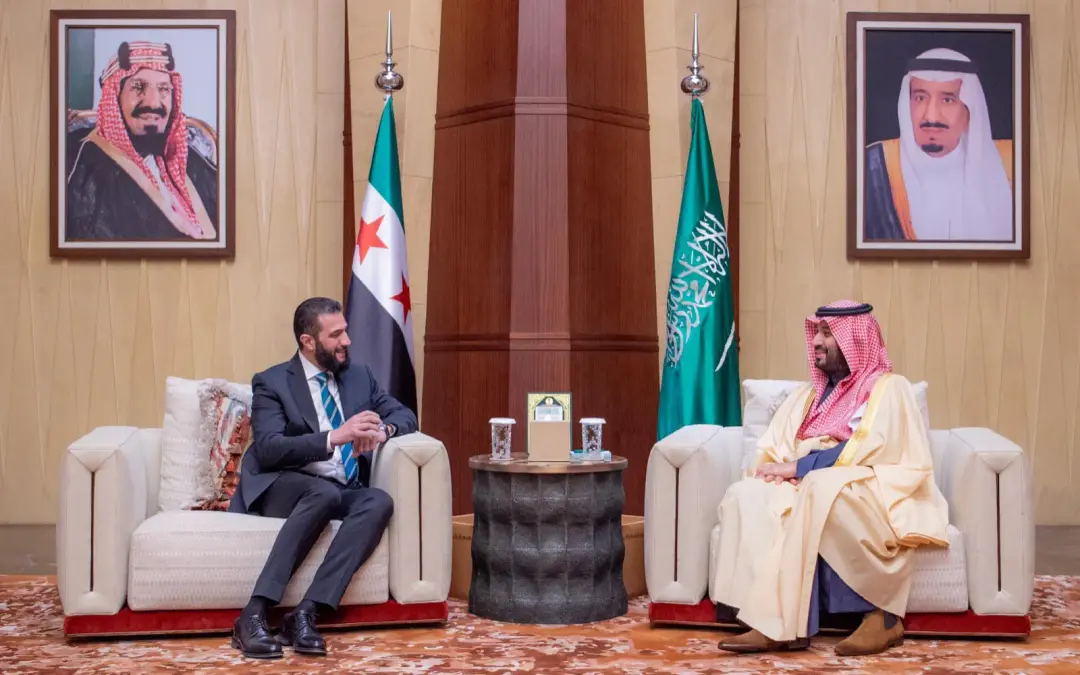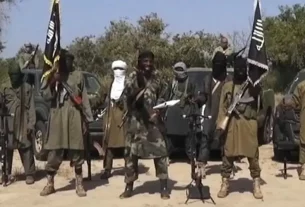Washington, D.C. — The World Bank announced on Friday that it has cleared Syria’s outstanding debt of $15.5 million, following financial contributions from Saudi Arabia and Qatar. The move restores Syria’s eligibility to access grants aimed at reconstruction and budgetary support, potentially marking a significant development in the country’s post-conflict recovery efforts.
According to a statement from the Bank, the overdue payments were fully settled this week, unlocking Syria’s participation in various funding programs under the International Development Association (IDA), the Bank’s arm that supports the world’s poorest countries.
“This clearance of arrears enables Syria to once again benefit from critical support for rebuilding institutions, basic infrastructure, and essential services,” the Bank said, adding that any future funding would be contingent upon continued cooperation with international partners and adherence to institutional guidelines.
The financial backing by Saudi Arabia and Qatar represents a rare moment of coordinated engagement between the two Gulf nations in relation to Syria. While both countries previously supported opposing sides during the country’s ongoing civil conflict, their joint payment signals a possible shift toward supporting international stabilization and reconstruction mechanisms.
Syria has been largely cut off from global financial institutions since the outbreak of its civil war in 2011, which has killed hundreds of thousands and displaced millions. While discussions around reconstruction have remained politically sensitive, especially due to ongoing sanctions and the country’s unresolved political crisis, Friday’s announcement suggests a renewed effort—led by regional actors—to reintroduce Syria into multilateral financial frameworks.
The World Bank did not specify when Syria would begin receiving new grant disbursements, but officials noted that technical assessments and coordination with United Nations agencies and humanitarian partners would be essential in structuring any future support.
Further details on grant size, sectoral priorities, and implementation mechanisms are expected to be outlined in the coming weeks.



